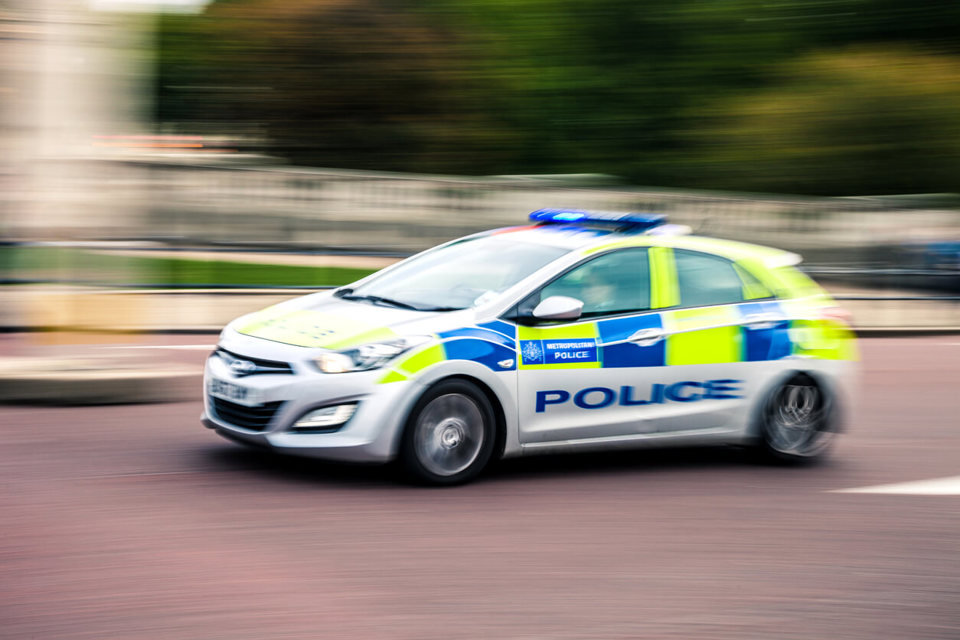Police forces across the country are facing massive fuel cost overruns, leading to recruitment reductions and calls for the Government to provide emergency funding.
Hampshire Constabulary’s director of finance Michael Coombes said: “The constabulary is having to deal with steep increases in the price of fuel in recent months. This situation has placed a strain on the budget.”
Along with many other forces, Hampshire only budgeted for only a 5% rise in fuel costs this year, taking the amount it had set aside for fuel to £1.95 million.
“Assuming the cost of fuel rises to £1.50 per litre by the end of the summer, as some commentators suggest, we would be facing a shortfall of around £1 million,” said Mr Coombes
As a result, Hampshire police will recruit fewer student officers this year. “This is in light of various budget pressures of which the rising cost of fuel is one,” said Mr Coombes.
It is a similar story in Norfolk where the increase in fuel costs will affect a recruitment drive.
"Fuel costs have increased dramatically and we have to deal with that.
"This comes at a time when we are increasing staff numbers but those plans have to be subject to winds of change,” chief constable Ian McPherson told Norfolk Police Authority.
“We cannot legislate for decisions that are made in Saudi Arabia."
Metropolitan police officers have been told buy fuel from the cheapest local petrol stations.
In addition, the Metropolitan Police Service (MPS) has begun trialling electric Smart cars.
Four versions of the two-seater car, which can achieve the equivalent of around 300 miles per gallon, are being trialled.
The Home Office said no extra money will be made available as a result of rising fuel prices.
"Government funding for police authorities is increasing by 2.9% in 2008/9,” said a spokesman.
“It is for chief constables and police authorities to decide how best to use the resources available to them.”
The Association of Chief Police Officers (ACPO) seems to have its hands tied and can offer little in the way of help to police fleet managers.
Commenting on the inability of many police fleets to get extra funding, ACPO said: “It will then depend on how forces have developed their budgets as to what the immediate effect will be.
“Some forces will have been able to make provisions for rising fuel cost, others won’t and therefore it will vary from force to force what the exact impact will be.”
The National Association of Police Fleet Managers (NAPFM) is working hard to limit the impact of fuel on their frontline operations.
“NAPFM is having to seriously consider a variety of options regarding the issues around both fuel cost and resilience with regard to industrial disputes, etc, and is working closely with its respective ACPO management as well as directors of finance and resource to establish a variety of initiatives that will assist in reducing fuel utilisation, whilst not affecting frontline policing and response capability,” said NAPFM spokesman John Bradley.
Liberal Democrat deputy leader Vince Cable said: “The emergency services have no choice as to which vehicles they use.
"It would not prejudice the Government’s overall financial position if some allowance were made to tide them over this difficult period.”
















Login to comment
Comments
No comments have been made yet.